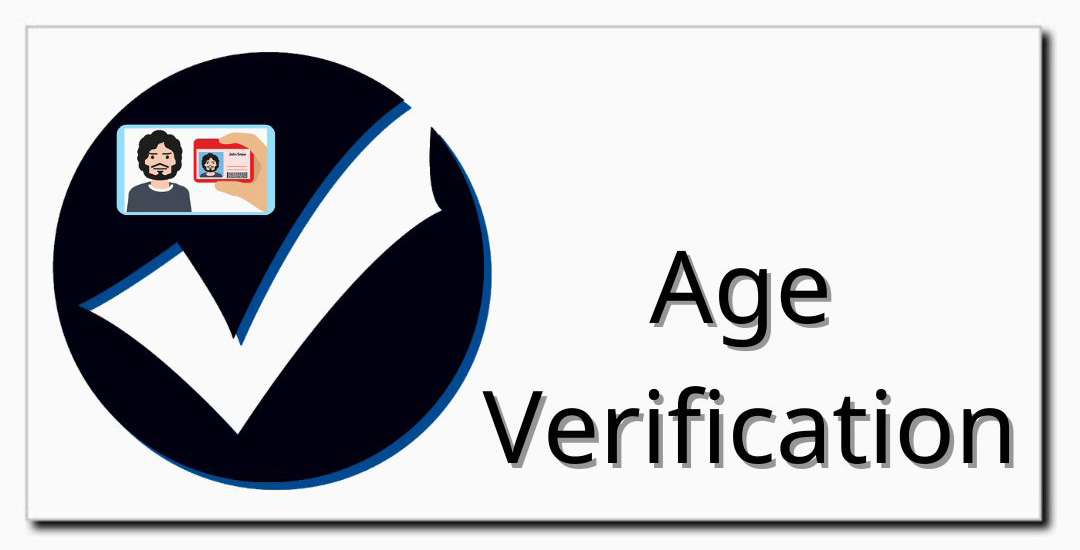The popularity of the e-sports industry is skyrocketing while experiencing tremendous growth in revenue generation. With over 474.0 million global audiences, it is further predicted to reach $1617.7 million by 2024. However, online platforms offering age-restricted games are facing an increase in the number of underaged players. Minors use fake information and their elder’s payment details to dodge age verification checks for onboarding e-sports platforms.
Hence, easy access to minors is forcing e-sports platforms to incorporate efficient age checks. Moreover, regulatory bodies are also placing strict requirements in place to protect underaged players. As this industry continues to mark tremendous growth, securing its platforms and placing necessary limitations has become a liability. This blog covers ways online age verification solutions benefit the e-sports industry.
Online Age Verification – Foolproof Measures to Protect Underaged Players
After entering Olympics in 2022, e-sports is predicted to reach unexpected heights both in terms of revenue and player onboarding. Simultaneously, regulatory bodies are strengthening scrutiny for online platforms to protect minors from becoming a part of gambling teams. Therefore, the e-sports industry requires robust age verification solutions to firstly restrict underaged users’ access and limit chances of clampdowns by regulators.
Moving on, conventional methods to verify age involves high risks of accuracy and inefficient identity verification. Therefore, use of easy-to-solve puzzles and checkboxes is not enough to restrict minors. This requires the e-sports industry to bring in efficient mechanisms such as biometric screening, real-time identification, and multi-factor authentication.
AI-powered age verification services help online platforms stay put with the legal requirements by deploying liveness detection and cross-checking of payments. More details regarding benefits of these technologically-advanced solutions are in the next section;
Reduces Fraud Attempts for More Revenue Generations
Since the Covid-19 pandemic took over, trend of e-sports became mainstream. Global players started making their way to online platforms instead of physical casinos. This is accelerating the growth of e-sports industry to unexpected levels. However, the risk of underaged players is also increasing which requires online platforms to place necessary age verification mechanisms in place.
Moving on, fraudsters are also targeting the e-sports industry to exploit minors and reap confidential information such as payment details. As underaged users are unaware of who they might face after onboarding e-gaming platforms, it increases their chances of vulnerability. Therefore, to prevent fraud attempts and protect minors in a better way, the e-sports industry requires efficient age verification online services.
Reduces Chances of Financial Loss
Age verification solutions that mitigate player fraud also reduce the chances of financial loss online platforms might undergo. Furthermore, AI-powered services help the e-sports industry enhance customer experience while escalating user retention. Online age verification solutions provide biometric recognition that identifies players in less time. Ultimately, age verification solutions provide more security while mitigating chances of hefty non-compliance penalties.
Expands Market Access
With rapid adoption of digital video games, online betting, and other such e-sports, regulatory bodies are strengthening their stance toward minors’ protection. For this, they are mandating the e-sports industry to place necessary preventions in place. Whether it is distribution of games with mature content or online tournaments, gaming service providers need to integrate efficient age verification mechanisms.
Furthermore, age verification online solutions also open doors to further growth by helping the e-sports industry to build trust within its community. Ultimately, they can generate high revenues and market share.
Ensure Compliance with Regulatory Standards
The e-sports industry also provides legal online gambling and betting to players. However, it is also becoming an attraction for minors to earn money. Fraudsters also target online betting sites to exploit underaged users and steal confidential payment details. Therefore, online platforms need to build efficient age verification mechanisms for securing minors and limiting chances of financial loss.
Moving further, as per Know Your Customers (KYC) and KYCC guidelines, it is mandatory for the e-sports industry to make sure that registering players are of age 18 or above. In some cases such as the USA, the minimum limit requirement is 21 years. Similarly, it varies within different jurisdictions.
Considering the easy access of minors, regulatory bodies are imposing strict penalties on platforms that fail to restrict their access. In order to escape legal repercussions, the e-sports industry needs to integrate better age checks and readily offload regulatory burdens.
Concluding Remarks
Age verification is becoming a must-have for the e-sports industry to reduce player fraud, restrict minors’ access, prevent fines, and keep its operations secure. With robust AI-powered solutions in place, online platforms can combat illicit efforts made by underaged players. This further helps build reputation in the market while uplifting trust among global players. Hence, online age verification solutions not only drive exponential growth for the e-sports industry but also protect minors from falling prey to criminals.

